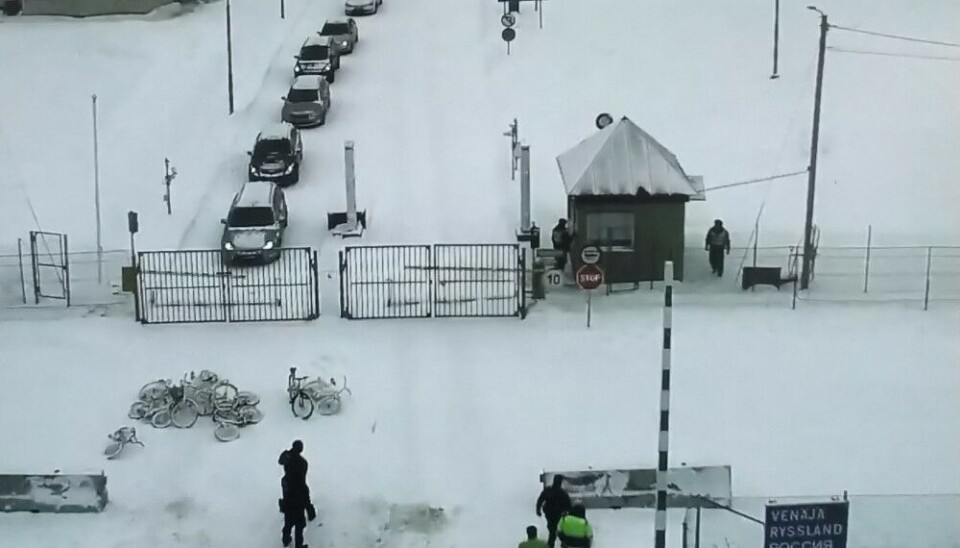
Finnish Prime Minister: the border with Russia must remain closed
The head of the Cabinet of Ministers of Finland believes that the opening of the checkpoints on the eastern border still threatens the national security of the country.
Finnish Prime Minister Petteri Orpo said in an interview with Yle that the border with Russia should remain closed. This is necessary to ensure that the situation on the border remains calm, the politician considers.
“According to the information I have at the moment, nothing has changed in Russia”, said the head of the Cabinet.
Orpo said that in the near future the government should decide whether to open the border with Russia. According to him, the border and national security are on one side of the scale, and the situation of Russians living in Finland is on the other.
“The government has come to the conclusion that border security is a critical issue for us,” Orpo concluded.
Restrictions on the Russian-Finnish border were supposed to be lifted on January 14. They were introduced after the Finnish authorities opened two checkpoints on December 14 — Niirala and Vaalima — and migrants from Asian and African countries immediately arrived at the border. According to the Finnish authorities, in total, more than a hundred people asked for asylum during the day.
The migration crisis on the border between Russia and Finland began in November 2023. Russia cancelled the agreement on cross-border cooperation, and Russian border guards began to let third-country nationals who did not have documents to enter the Schengen area to the border. This has led to an influx of refugees: dozens of people from Somalia, Yemen, Afghanistan, Iraq and a dozen other countries requested asylum every day. As a result, the Finnish Cabinet decided to close all checkpoints on the eastern border: first in the south, then in the north. Restrictions were imposed until December 14, then had to be extended until January 14.
According to the Finnish authorities, the Russian state is to blame for the influx of refugees: its representatives not only do not interfere with migrants, but even help them get to the border with Finland. For example, Murmansk Governor Andrei Chibis provided asylum seekers buses to get to the checkpoint that was open at that time. There is evidence that the movement of migrants near the border was controlled by border guards
It should be noted that migrants detained in Russia for lack of necessary documents were exempt from deportation if they signed a contract with the Armed Forces. This was done on the initiative of military commissars in at least two municipalities of Karelia, the Barents Observer found out.














